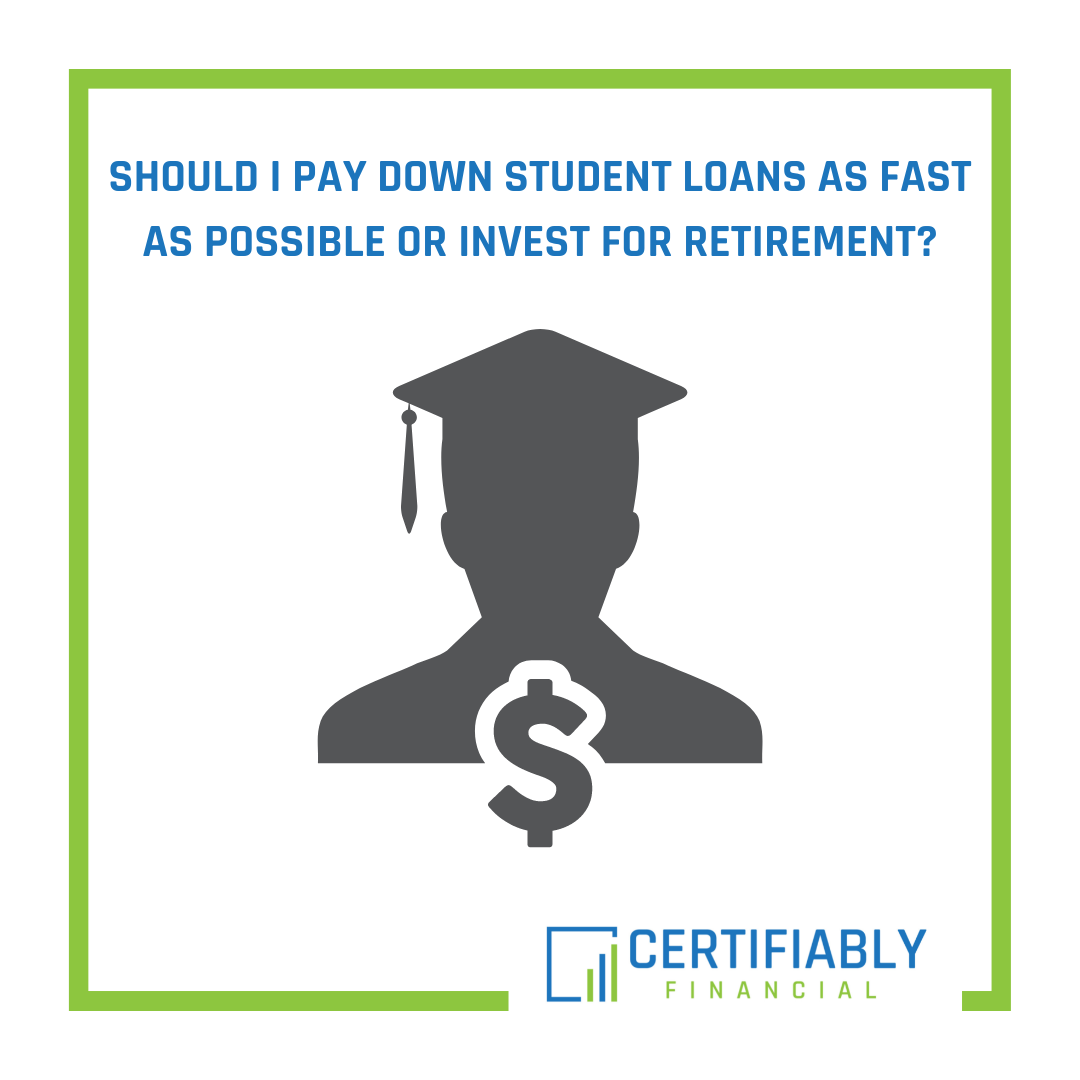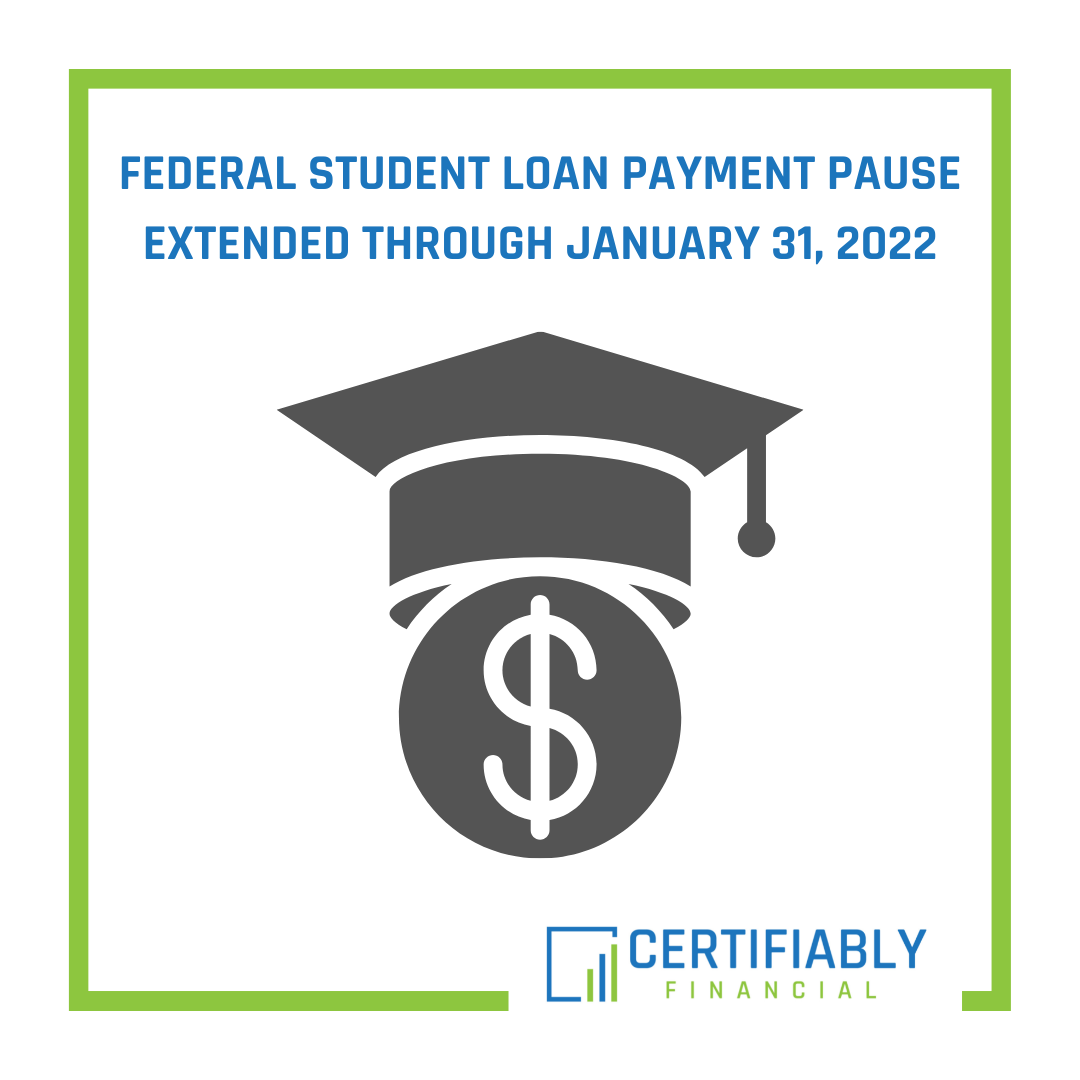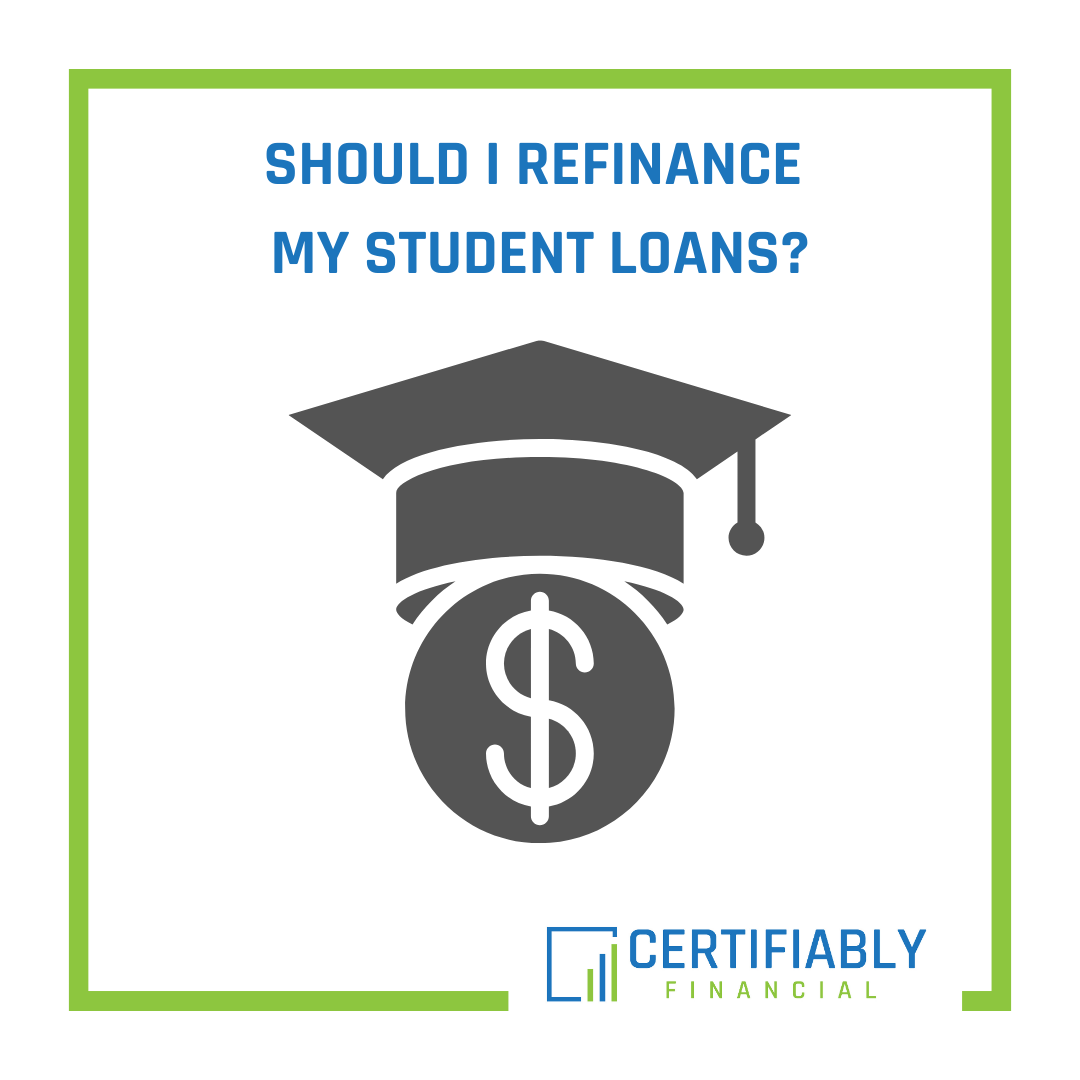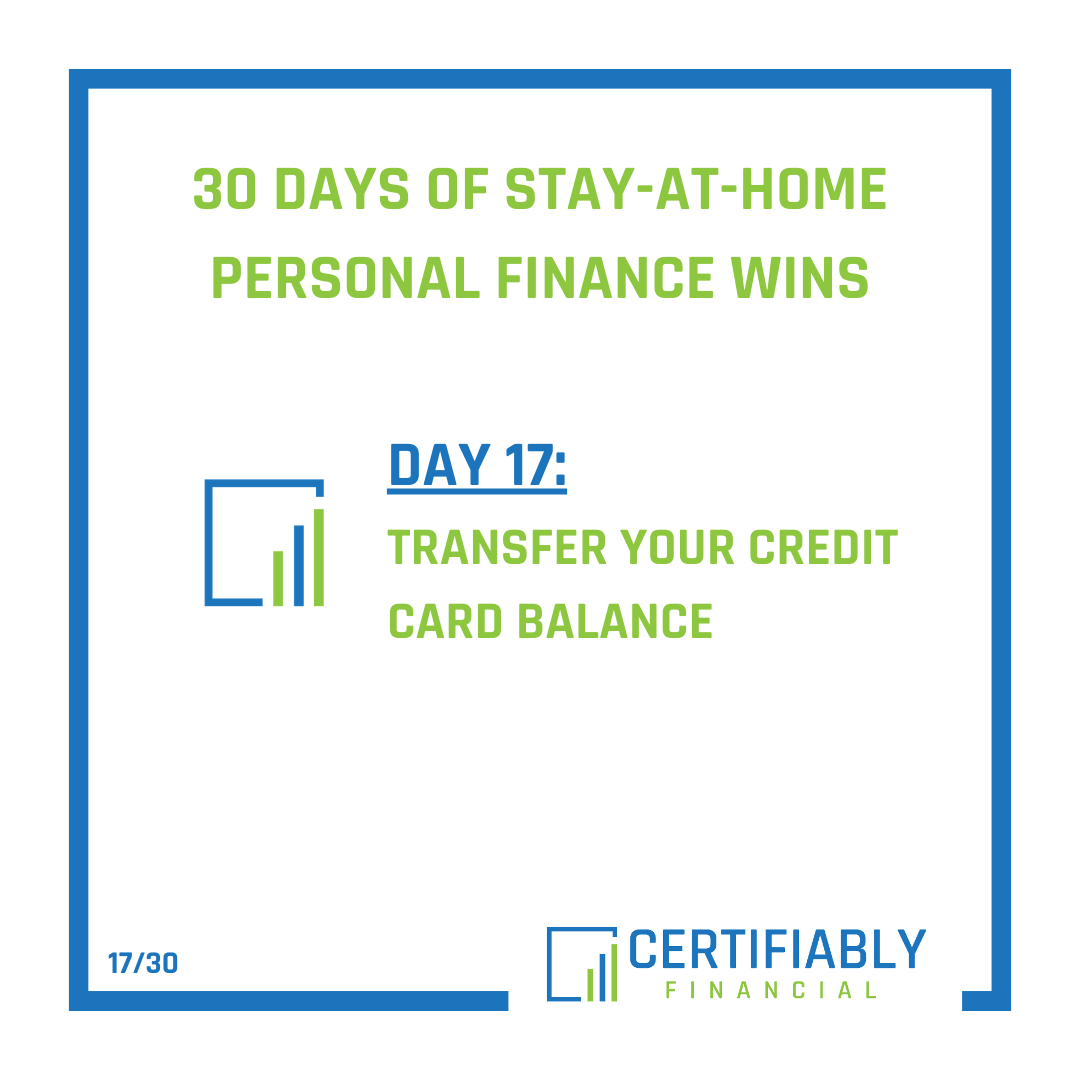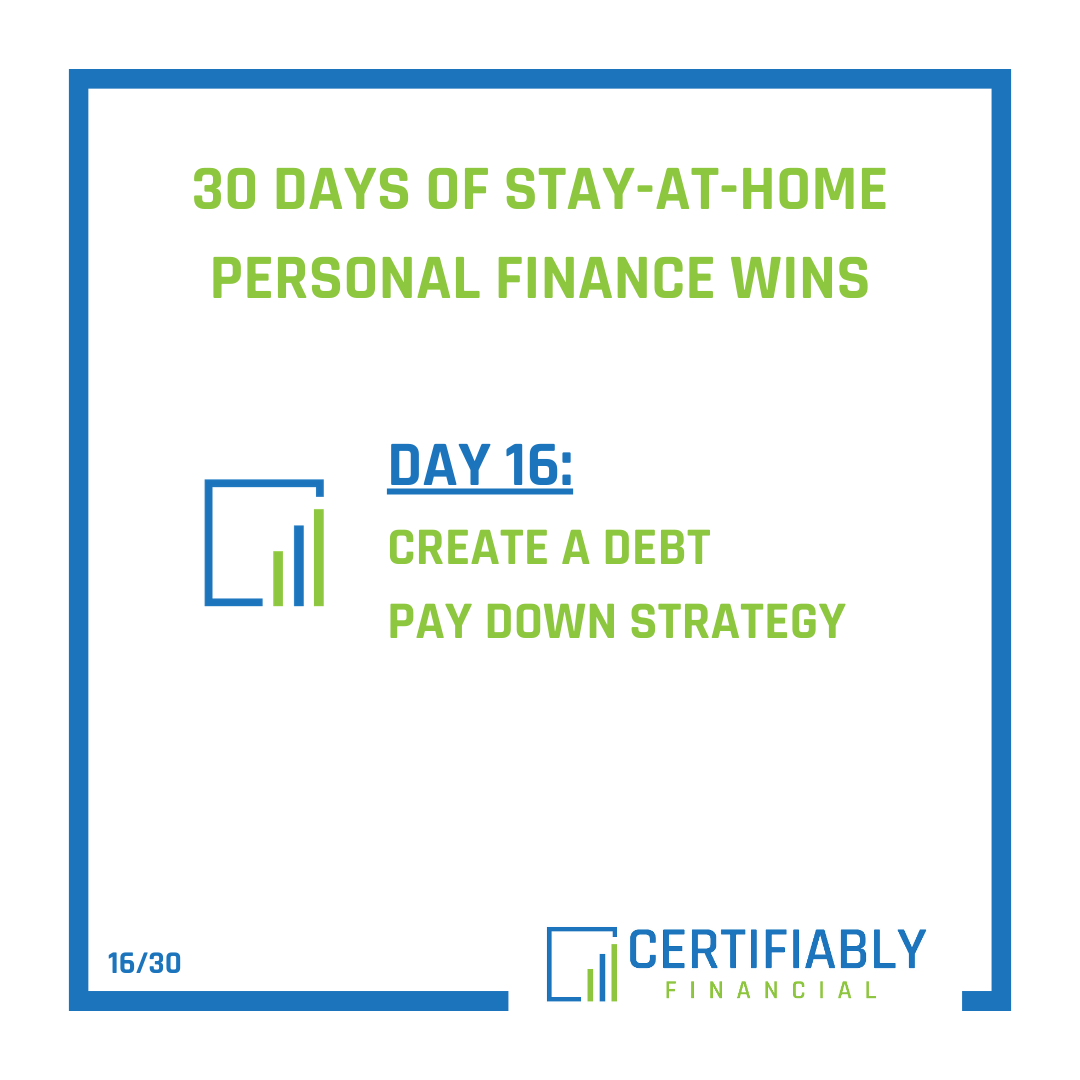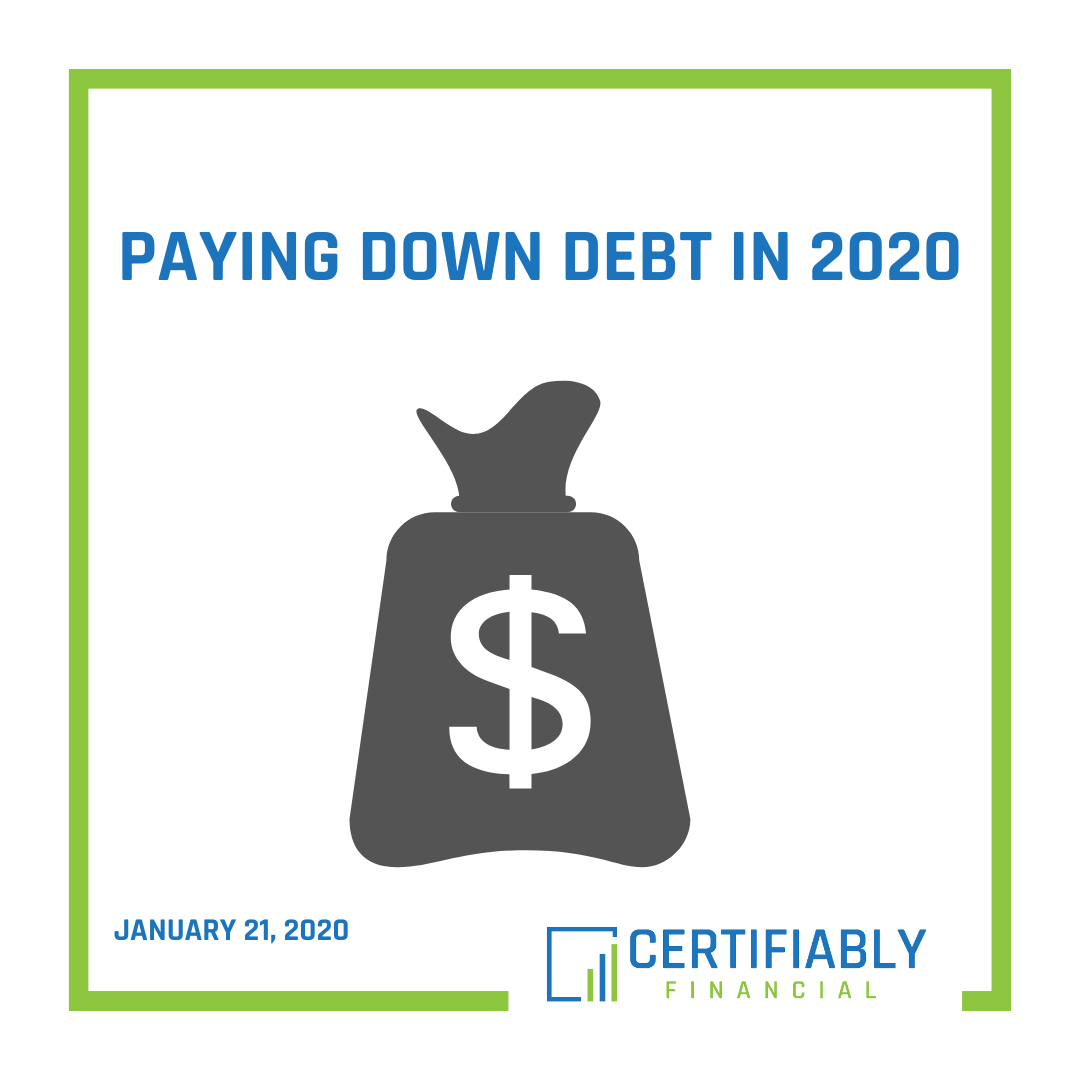Over the weekend I spoke to a friend who graduated from physical therapy school earlier this year. He didn’t have any help with school expenses and graduated with $160,000 in student loans. To his benefit, he’s pretty frugal and has a good natural sense about money. However, $160,000 is a really big number and it has him worried. He’s been asking himself if he’s going to be able to be okay with that amount of debt and whether the right decision is to pay down the debt as quickly as possible or if he should save for retirement as well.
Debt
Federal Student Loan Payment Pause Extended Through January 31, 2022
Federal student loan payments have been paused since March 2020. As of August 6, that pause has been extended “one final time” through January 31, 2022. What this means is that Federal student loan payments will not be required until February 2022 and that interest on these loans will not accrue during that time.
Should I Refinance My Student Loans?
Similar to mortgage interest rates, student loan interest rates have been dropping this year. That decrease in rates, along with the pause in payments and interest accrual under the CARES Act, has led many to wonder whether they should be doing something with their student loans. One of those options is whether or not to refinance them.
Day 17 Of 30 Days Of Stay-At-Home Personal Finance Wins: Transfer Your Credit Card Balance
What if you were able to come out of this time of social distancing and economic crisis with a stronger and healthier financial life? What if you looked at this as an opportunity to take a little bit of your extra time each day to work on your finances?
Day 16 Of 30 Days Of Stay-At-Home Personal Finance Wins: Create A Debt Pay Down Strategy
What if you were able to come out of this time of social distancing and economic crisis with a stronger and healthier financial life? What if you looked at this as an opportunity to take a little bit of your extra time each day to work on your finances?
Paying Down Debt in 2020
A couple of weeks ago, Amanda told me that she wants to be able to hold up one of those debt free signs that you see on social media which shows that you paid off $XX debt in XX months after she graduates. While this may not be the exact route that we go, I think it’s a common theme among those who set goals to improve their personal finances in the new year.
Back to School: Student Loan Edition
Last week, Amanda was faced with a significant financial decision that millions of others have had to face as well without ever having any education or guidance on what they should do: take out student loans for the next year of college or figure out how to pay for it out-of-pocket? From the perspective of a financial planner, this process was completely not transparent. Luckily, Amanda knows a guy.
Student Loan Deferment
The college class of 2019 has graduated and now is off to the real world. Many of these former students have loads of student debt that most of them aren’t contemplating how to deal with yet. Undoubtedly, most of these graduates will also elect to take the 6-month allowable deferment (grace period) on Federal Stafford student loan payments and (pretend to) forget about them until judgement day comes in the form of a bill.
0% Financing
Last year when I bought Amanda’s engagement ring they put it on a 0% interest loan even though I was never asked if I wanted the 0% interest deal or if I wanted to pay in full. Even though I wasn’t asked if I wanted the deal, I would have taken it for several reasons: I had enough money in my account to pay for the ring in full, my bank account earns more than 0% so I could keep my money in there during the meantime and earn a little bit instead of earning nothing on Amanda’s finger, and I’m disciplined enough to pay it off in time. The problem with this situation is that as I was speaking about it with someone last week I realized how shady the situation really was.
Should I Pay Down Debt or Invest The Money?
4 minute read
Sometimes, the decision of whether to pay off debt more aggressively or to invest more is an emotional decision rather than a mathematical one. Some people really hate having debt and it keeps them up at night thinking about owing someone else money. If debt bothers you this badly, and you’re in a position to do so, then paying off debt more quickly than required may not be a bad option.
However, there’s a more mathematically optimal way to approach the situation. But it doesn’t really matter if you take the mathematically optimal approach if you can’t feel comfortable with it. If you’re fortunate enough to be in a position to make either choice and remain financially secure, then you have to feel comfortable and secure with your decision. Otherwise, you’ll just keep thinking about it.
Time Value of Money
The concept of the time value of money must be taken into consideration to understand the mathematically optimal decision. It’s better to have (or invest) a dollar today than it is to receive (or invest) a dollar at some point in the future due to the potential that the money has to earn a compounding rate of return.
While money that you invest is expected to compound (earn returns on previous returns or earn interest on previous interest), debt amortizes which means that the balance decreases with each payment. Under an amortization schedule, outstanding interest is paid first and outstanding principal is paid with what’s left of the payment. Interest is calculated on the most recent balance of the loan which means that the amount you’re paying in interest decreases with each payment.
Let’s take a look at an example where you have two options:
Option 1

